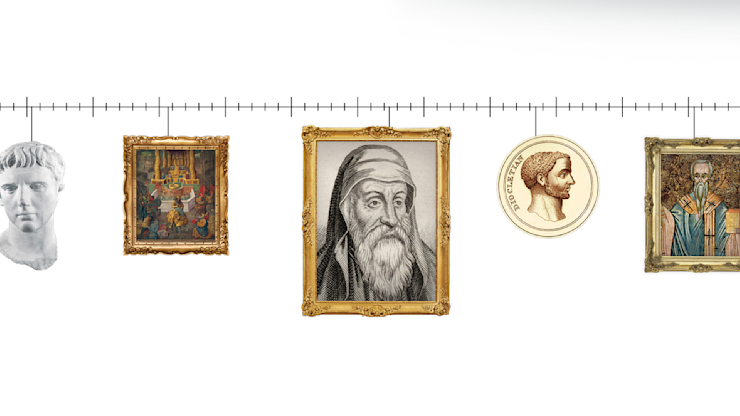The Diet of Augsburg

1 Min Read
In this brief clip from his teaching series A Survey of Church History, W. Robert Godfrey gives a brief description of the Lutheran actions at the Diet of Augsburg. Watch this entire message for free.
Transcript
Luther knew that the next great historical event in the Reformation was going to be the Diet of Augsburg in 1530. The Emperor had not been in Germany since 1521 when Luther was declared an outlaw at Worms. So Luther knew this presence of the Emperor at a Diet now was going to be a big deal and might well say great deal about the future of the Reformation and Luther desperately wanted to be there. But the Emperor refused to give him a safe conduct. So Luther was unable to go to the Diet at Augsburg and Philipp Melanchthon went in his place. And when the emperor asked for a summary of what the Lutherans believed, Melanchthon wrote out the Augsburg Confession which has remained the basic confession of Lutheranism ever since. This was presented to the Emperor as a statement of where the Lutherans, the people, the preachers and particularly the Lutheran princes stood. The Emperor didn't like it. The Emperor didn’t like it one bit. But the Emperor really was counting the political cost. Can I really oppose Luther? Can I really oppose the Lutheran princes?
And so he really didn't do very much at the Diet of Augsburg, but the Lutheran princes went away sufficiently worried that they immediately formed a defensive political League which came to be known in history The Schmalkaldic League to prepare for war with the Emperor. War wouldn’t come for fifteen years or more but clearly Luther saw that Germany was on the verge of civil war and he would say in his marvelous way, “If I'd wanted to plunge Germany in to civil war, I could've done it but it's not the way I thought the gospel should advance or would advance.” He said “rather, I sat in the garden with Philipp and drank beer and let the word do it.”